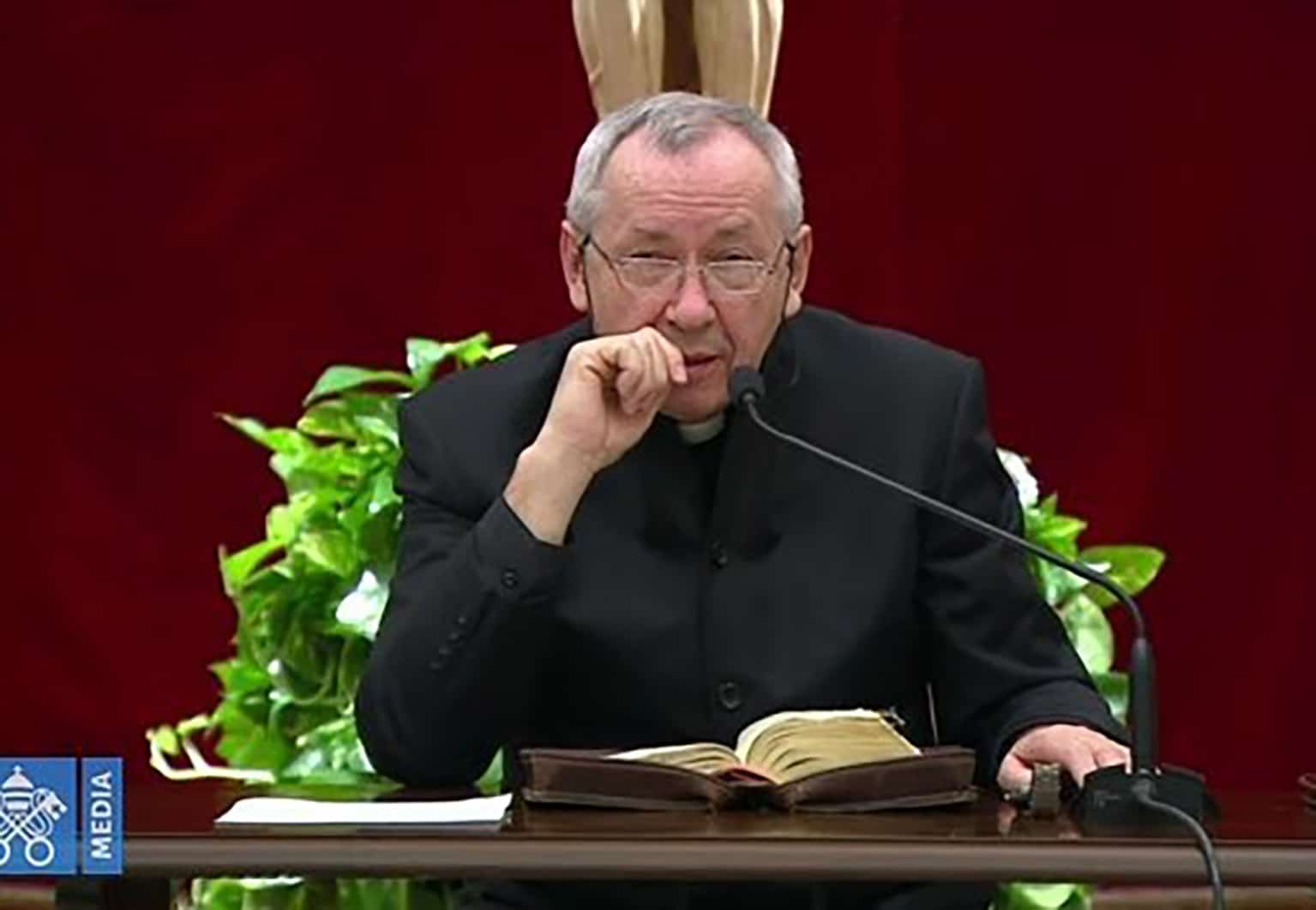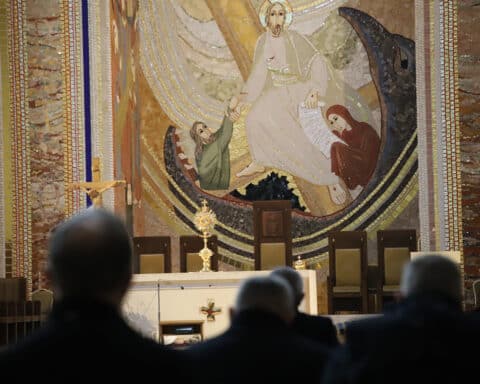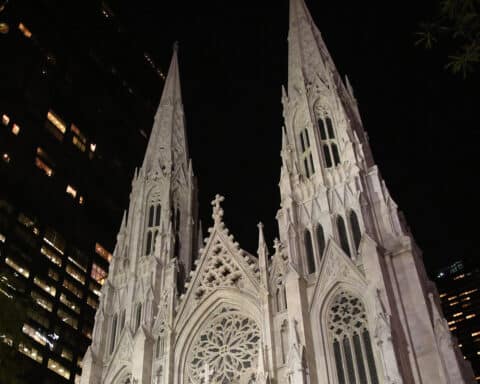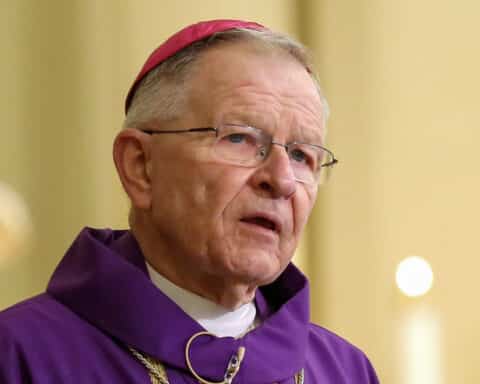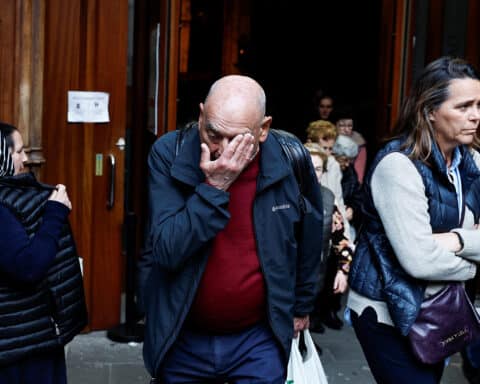The recent decision of Pope Francis to suspend the statute of limitations regarding abuse allegations against Father Marko Rupnik is a new and welcome development in the case. The Holy Father has also initiated a formal investigation via the Dicastery for the Doctrine of the Faith following public anger over Father Rupnik’s incardination into Slovenia’s Diocese of Koper.
For those perhaps unaware, Father Rupnik, the famous artist and founder of a community of artists in Rome, the Centro Aletti, had been excommunicated (for absolving an accomplice in a sin against the Sixth Commandment). According to the Society of Jesus, Father Rupnik incurred excommunication for an offense committed in 2015. The then-Congregation for the Doctrine of the Faith formally imposed the excommunication in 2020 and then lifted it after a month of censure.
Hope and concern
Father Rupnik was expelled from the Jesuit order for disobedience in July 2023. The superior general of the Jesuits also confirmed that the society found accusations of sexual abuse against Father Rupnik “very highly credible.” There are more than 20 known allegations of sexual, psychological and spiritual abuse against Father Rupnik.
Father Rupnik has been defended subsequently by the Centro Aletti. The center has denounced the allegations against Father Rupnik, calling them “a media campaign based on defamatory and unproven accusations.” After an investigation, the Diocese of Rome reported in September of this year that “gravely anomalous procedures” occurred during previous evaluations.
The Diocese of Koper defended the decision to accept Father Rupnik as a member of its presbyterate. Quoting the UN’s Declaration of Human Rights, Father Slavko Rebec, vicar general of the Diocese of Koper, said in a statement, “Everyone who is accused of a criminal act has the right to be considered innocent until he is found guilty in accordance with the law, in a public proceeding in which he is given all the opportunities necessary for his defense.”
The Vatican’s announcement that Pope Francis had lifted the statute of limitations on abuse accusations against Father Rupnik is, we believe, a welcome sign that the Vatican is concerned about establishing what truly occurred. However, it does not erase the distress caused by Father Rupnik’s incardination into the Diocese of Koper before that truth had been established. The concerns of victims and advocates must be taken seriously, and their well-being should be of top priority, along with truth-seeking.
Many questions
In the United States, we have seen all too often how the protection and reinstatement of errant priests has eroded the moral authority of the Church. It is disheartening whenever a diocese seems more concerned with making problems go away or the public image of the Church rather than the well-being of victims and the Church’s credibility. Our focus should always be on accountability, justice and supporting survivors. Any effort to cover up clerical sexual abuse is nothing less than reprehensible.
Pope Francis has emphasized the importance of listening to those who have suffered, especially those who have felt marginalized by the Church. His call to prioritize compassion and understanding is one we admire and support. But if we fail to listen to victims of clerical sexual abuse and respond promptly and justly to their concerns, the Holy Father’s efforts will ring hollow.
Why has Father Rupnik been allowed to return to ministry without restriction while an investigation proceeds? This hasn’t been made known. But what is known for sure is that it’s deeply concerning.
In 2023, more than 20 years since the Church first had to grapple with systemic clergy sexual abuse, it’s unfathomable to think that something like this could still happen. And yet, it seems that Father Rupnik managed to go on so long precisely because he was shielded by his intellectual and artistic gifts. What’s more, he misused his sacred ministry as a priest to prey on vulnerable women religious. Enabling continued predatory actions amounts to an egregious clericalism that must be condemned and eradicated.
The case of Father Rupnik serves as a stark reminder of the need to address clericalism and prioritize the well-being of survivors. The Church must demonstrate its commitment to justice, transparency and accountability. As we await the results of a thorough investigation, let us pray for a resolution that upholds the principles of justice and compassion, placing the interests of victims at the forefront of the Church’s actions.

